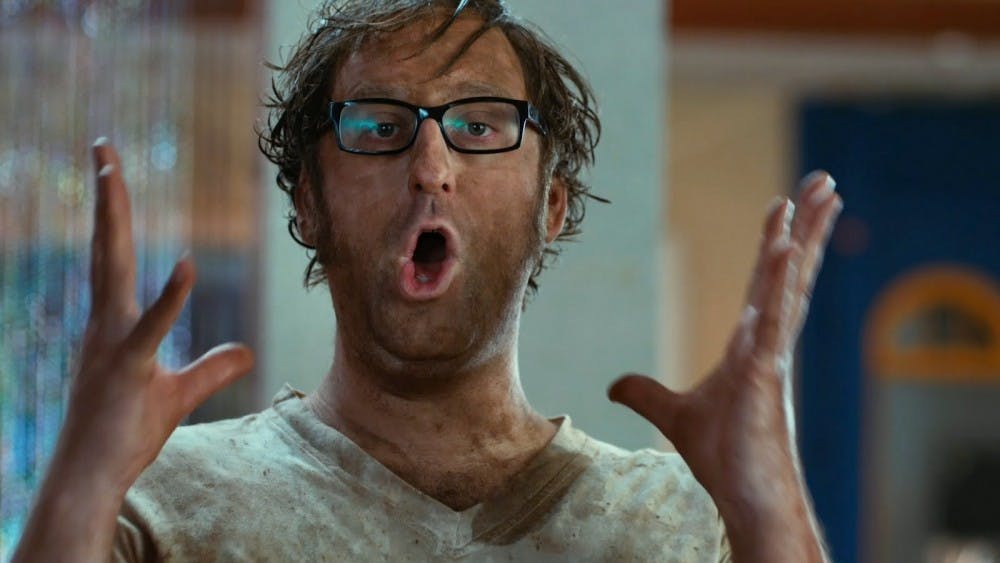Street: So for starters, did you take a traditional approach towards writing script, as in finding themes, creating character arcs, all of that stuff?
Eric Wareheim: I mean yeah, we came off of doing a sketch comedy show, then we made three short films for an HBO series, like fifteen minute shorts that had a beginning, middle and end, characters, transformations, and that was our inspiration to write a feature. We knew we didn’t want the experience to be sketch–based; we love movies, and we wanted to make something that had a slightly more traditional structure. We knew going that anything we could really do would feel a little different, but also at the same time we wanted to try fucking with movies, and the idea of a movie within a movie, playing with every second of the movie, from the production slate to the credit jokes.
Street: With Reilly, how does it feel knowing that you launched his secondary career as “That Really Awkward Guy?”
EW: We love it. He has a different take on it, he often says, “You really fucked with my career man.” When he does interviews like this, I would say about 90% of the questions are about Dr. Steve Brule, instead of “How was it working with Roman Polanski” or anything else. He really loves Brule, and it is a truly wonderful character, but sometimes he’s just like, “Come on, I got something else here.”
Street: Where did some of those secondary characters come from?
EW: Well we didn’t have ideas set for everyone yet, but we knew at least that we wanted John C. Reilly to be a young boy, raised by wolves in this enclosed mall. We gave them that framework, and they’re such geniuses that they just kind of fill it in. John started talking in his high–pitched voice, coughing, being sick. He’s so amazing that on the first day of the shoot, the wardrobe people made him a little boy outfit, and he said “No, go get me a real little boy outfit, because I just want to feel like I’m busting out of it.” I think everyone we worked with was great, like Will Ferrell really just wanted to get into that mindset, like he’s just this lunatic with a mall. He managed to transfer that really true madness to the screen.
Street: You mentioned the reaction at Sundance. You guys gave a pretty interesting Q&A after that. Were you guys in character during that?
EW: The Q&As that we do are sort of like a comedy show. Someone says something, we just tell them to shut up, make fun of their hat, just keep it light. But when people just have dumb remarks, we’re just like, “Screw you,” and move on. Even the Q&A, the promo videos, they’re all part of the experience of the movie. When we went to Sundance we claimed our film got Rango’d. We put out all these videos, saying how Rango got intercut with our movie as promotion to help sell more DVDs. We were really serious about it, and we did all these videos, all these morning press shows and talk shows, talking about how we were Rango’d and we wanted people to call Robert Redford and ask him to take Rango out. So those jokes, as well as the Q&A, were part of our whole experience. It sort of depends on our mood as well, whether or not we give real answers. But Sundance was interesting, because not everyone knew Tim and Eric, only about 50% of the audience.







